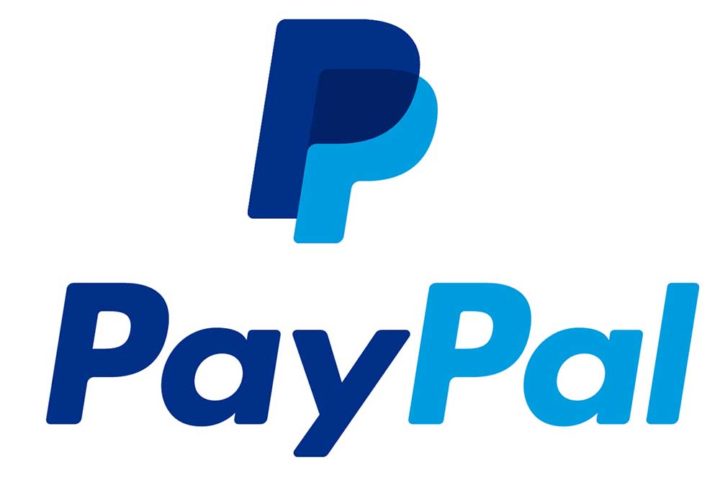
PayPal has taken another step in its Web3 strategy by applying for a patent for a non-fungible token (NFT) marketplace that supports both on-chain and off-chain trading. The popular online payments company aims to offer more than just digital collectibles, with tokenized assets being a key focus of its NFT goals.
In its patent filing, PayPal defines an NFT as any digital data that can be tracked using a decentralized ledger. This expands the scope beyond just collectibles and includes various types of NFTs such as digital images, videos, music, collectibles, artwork, deeds to personal property, event tickets, and even legal documents.
The NFT marketplace that PayPal envisions is not limited to individual users. It is designed to cater to a wide range of organizations, including decentralized autonomous organizations (DAOs). These organizations can use the platform to issue governance tokens that can also be traded. Additionally, DAOs associated with a service provider can utilize the marketplace to promote liquidity through a dedicated platform.
This move by PayPal follows its recent launch of the PayPal USD stablecoin (PYSUD) as part of its expanding crypto ecosystem. The company ventured into the cryptocurrency space in 2020, allowing users in the US to buy, hold, and sell cryptocurrencies. In 2021, it expanded its crypto offerings with the launch of Checkout with Crypto.
The timing of PayPal’s entry into the NFT market coincides with a significant drop in activity within the industry. According to recent reports, 95% of NFTs are currently classified as worthless based on the market caps of the collections. However, PayPal’s reputation and established user base could help revive interest in NFTs and boost their adoption.
In terms of the mechanics of the NFT marketplace, PayPal plans to support on-chain trading through a third-party service provider. This means that the broker would handle the checkout and storage services. On the other hand, off-chain transactions would be facilitated by a wallet service provider. In this case, transfers would not be registered on the blockchain, eliminating the need to broadcast the transaction or pay associated gas fees.
PayPal’s entry into the NFT market highlights its commitment to further exploring the potential of blockchain technology and decentralized finance. By expanding its Web3 strategy to include NFTs, the company is positioning itself as a key player in the evolving digital economy. As the NFT market continues to grow and evolve, PayPal’s entry could bring mainstream attention and legitimacy to this space, benefiting both artists and collectors alike.






